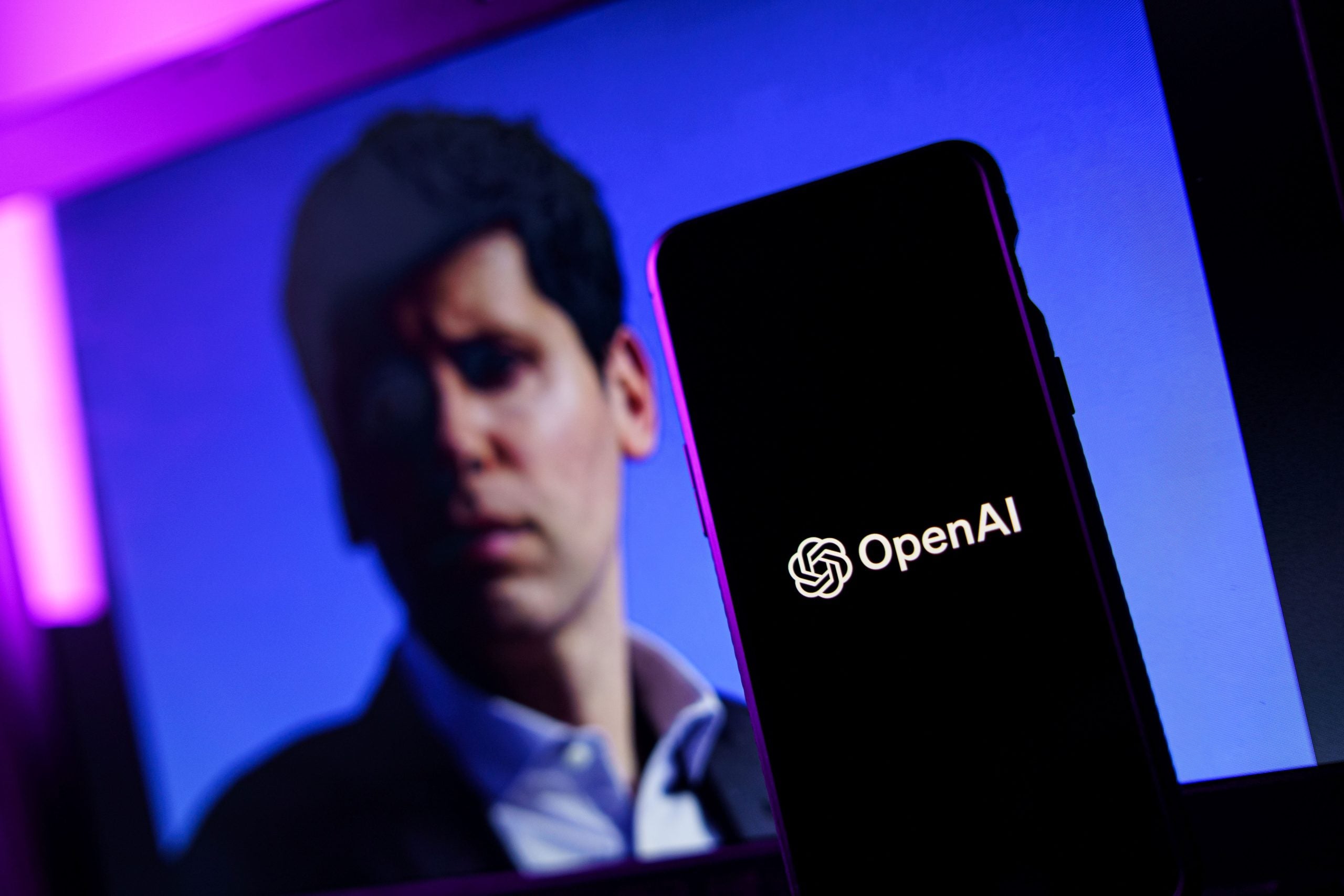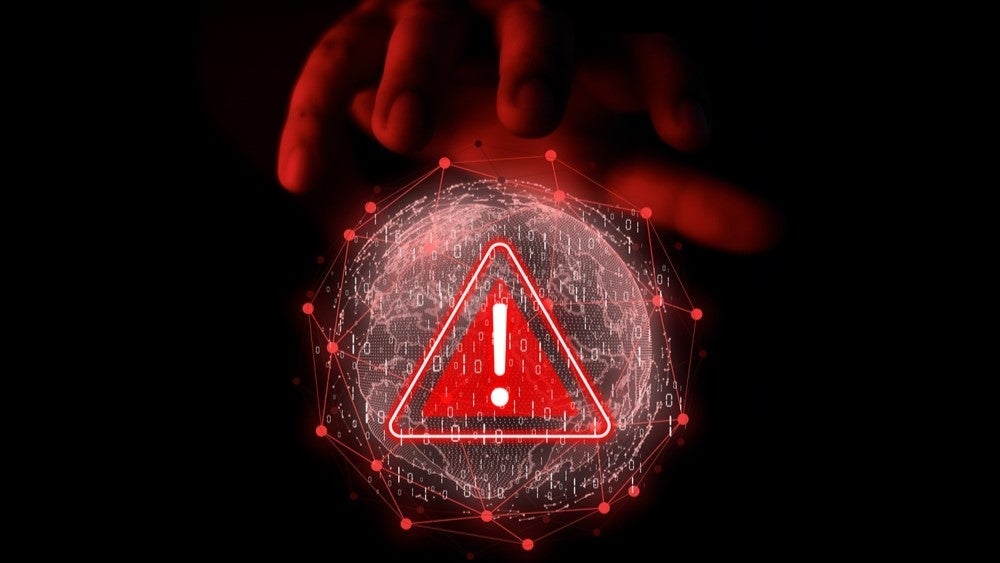
OpenAI CEO Sam Altman has claimed an energy breakthrough is necessary for future development of AI, which he said will require much more power than the industry initially expected.
Altman, who was recently ousted and rehired at ChatGPT-maker OpenAI, said the only way forward for AI are the climate-friendly nuclear fusion or solar power.
“There’s no way to get there without a breakthrough,” Altman said at a Bloomberg event at the World Economic Forum’s annual meeting in Davos.
“It motivates us to go invest more in fusion,” he added.
Energy consumption from AI services across the world is already massive. Everything required to power the emerging technology, such as semiconductors, memory systems and data centres is already taking up masses of electricity.
Global AI chip revenue will reach $130bn by 2030, according to research company GlobalData.
How well do you really know your competitors?
Access the most comprehensive Company Profiles on the market, powered by GlobalData. Save hours of research. Gain competitive edge.

Thank you!
Your download email will arrive shortly
Not ready to buy yet? Download a free sample
We are confident about the unique quality of our Company Profiles. However, we want you to make the most beneficial decision for your business, so we offer a free sample that you can download by submitting the below form
By GlobalDataIsabel Al-Dhahir, principal analyst at GlobalData, told Verdict that AI is already significantly contributing to carbon emissions.
“Sam Altman is not alone in his concerns that the growing diffusion of AI tools will exacerbate the climate crisis,” Al-Dhahir added.
Al-Dahir noted that researchers at McGill University, Mila Quebec AI Institute and Carnegie Mellon are all exploring ways to quantify and mitigate AI’s impact on the climate.
Is AI sustainable?
Wilson Chan, CEO of data company Permutable AI, told Verdict the large amount of energy consumed by AI may mean its not sustainable in the long run.
“This could lead to an excessive strain on existing energy resources and potentially contribute to environmental issues such as increased carbon emissions,” Chan said.
“To ensure the sustainability of AI, it is crucial to explore energy-efficient solutions and develop more environmentally friendly ways to power these systems,” he added.
Helion Energy, a US nuclear fusion company, signed a deal to provide OpenAI-investor Microsoft with energy over the coming years. The deal followed Altman personally investing $375m into the energy company.
Altman has been extremely vocal about wanting nuclear fission to be embraced as an energy source across the world. Nuclear power is one of the world’s energy sources that emits the least greenhouse gas, emitting four times less CO2 then solar energy.
GlobalData forecasts that the overall AI market will be worth $909bn by 2030, having grown at a compound annual growth rate of 35% between 2022 and 2030.







